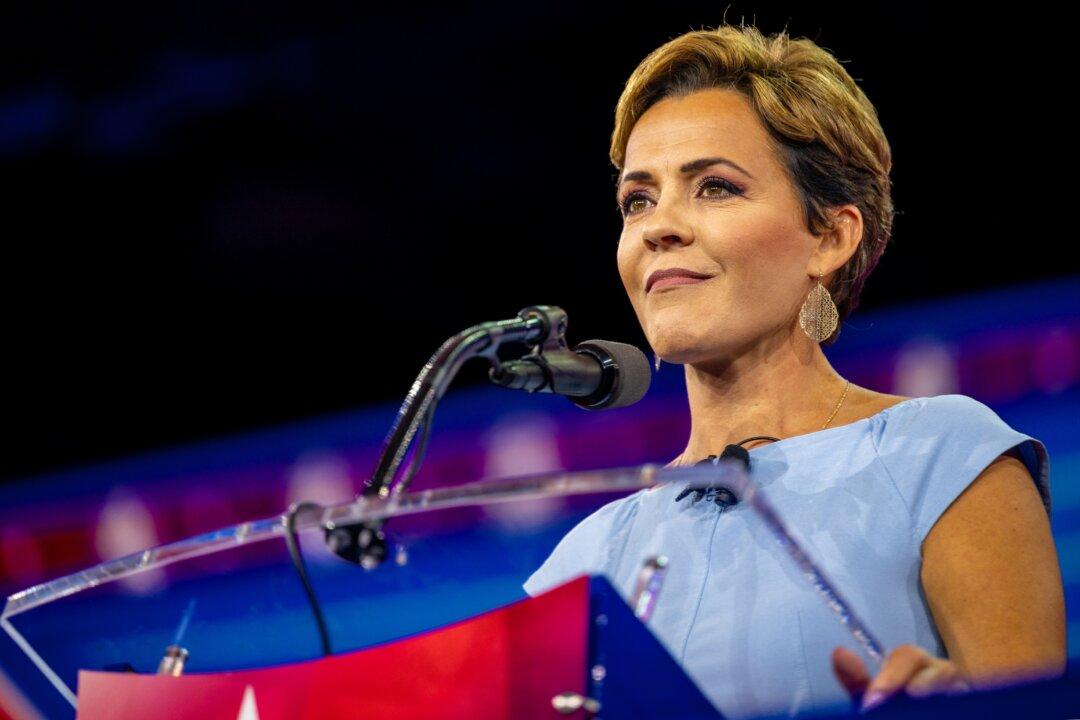With political campaigns in their closing days, and early voting already begun in many states, polls show some key governors’ races tightening—even as the Democratic candidates have vastly outspent their Republican rivals.
In Arizona, polls show Democrat Katie Hobbs, who had stayed roughly even with the Trump-endorsed Republican Kari Lake, now falling behind. The Real Clear Politics (RCP) average of polls in the race had Lake, a longtime anchor for Fox’s Phoenix affiliate, ahead by 4.2 percentage points this past week. Hobbs has raised $5 million to Lake’s $3.8 million, according to Transparency USA. Lake has been largely absent from the airwaves and did the same in the Republican primary.





